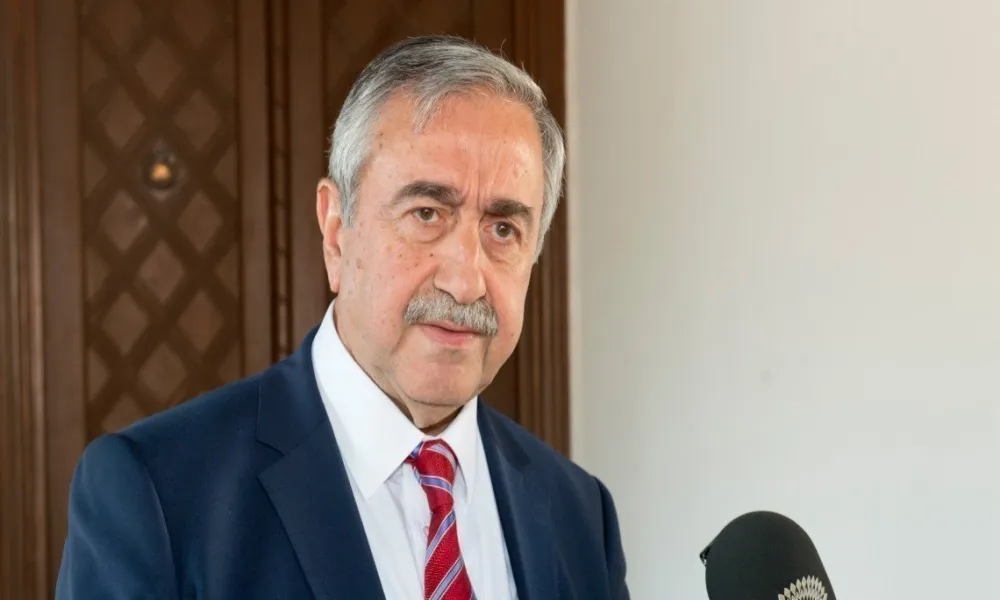Following the announcement of the first leaders’ meeting set for Thursday, Turkish Cypriot leader Tufan Erhürman focused on the need to manage expectations.
In a post on social media, he said: “Eight years have passed since 2017, and it is certainly not easy to say that these years have helped nurture hopes for a settlement on the island.”
He added: “After so many years, we must manage expectations properly in the new process that will begin on Thursday. I regret to say that, given the passage of time and the impact of regional initiatives and developments, it would be overly optimistic to claim that we currently have an atmosphere conducive to a solution. I believe it is our duty, as leaders, to create that atmosphere for our peoples.”
Erhürman: No blame game, more will and mutual trust
Erhürman argued that what is needed to create optimism and a climate for a settlement is “the will to resolve the issue, sincerity, mutual trust, and refraining from blame games about the process through the media”.
He called for care and a sense of responsibility when issuing statements about the process as it progresses in the coming period.
Erhürman noted that he will meet with President Nikos Christodoulides for the first time on Thursday, and did not expect to reach clarity on all the issues before them in a one-hour meeting. He hoped, however, for a sincere meeting that establishes mutual trust and launches “a process of meetings that will continue at short, not long, intervals”.
Akıncı: Crossings, education, EU harmonisation
Meanwhile, former Turkish Cypriot leader Mustafa Akıncı also shared his thoughts on the first leaders’ meeting since Erhürman’s election on social media.
He too sought to play down expectations, calling on the leaders to focus on small steps forward, such as on opening more crossings, reintroducing the bicommunal education programme ‘Imagine’ and re-establishing the committee on EU harmonisation.
“What truly matters in Cyprus is, unquestionably, reaching a settlement – creating conditions in which both communities feel secure, the island as a whole takes its place within international law, and uncertainty about the future is removed. However, under current circumstances, it is clear that the road to a federal solution within the framework of political equality will not be short.
“Still, without straying from the goal of a comprehensive settlement, there are certainly steps that can be taken in the short term. Alleviating congestion at the crossing points and opening new ones would surely be a positive start,” he wrote.
According to Akıncı, two other important issues deserve the attention of the leaders now. One is the Imagine Peace Education Programme of the Technical Committee on Education, which was halted during Ersin Tatar’s period.
Between 2015 and 2020, more than 6,000 students and over 700 teachers participated in the programme. “If we are to build a future of peace and tranquility on this island, we can only achieve it through education,” he said.
The second issue concerns the activities of the EU Ad Hoc Committee set up to advance the Turkish Cypriot community’s alignment with the EU. Akıncı argued that the committee had to stop its work because of a Greek Cypriot request.
“From 2015 to 2020, experts from the EU came and worked with our institutions, and progress was made toward harmonisation with EU legislation. I believe that resuming this work is important not only for the Turkish Cypriot community but also for the future of our island,” he added.
